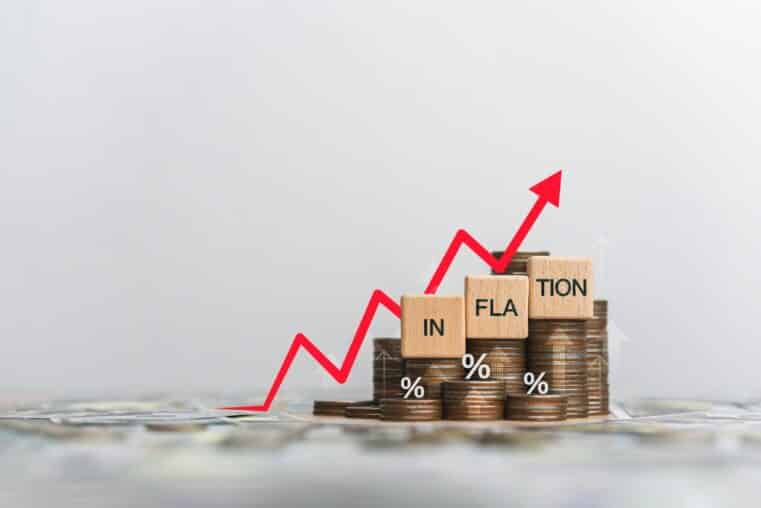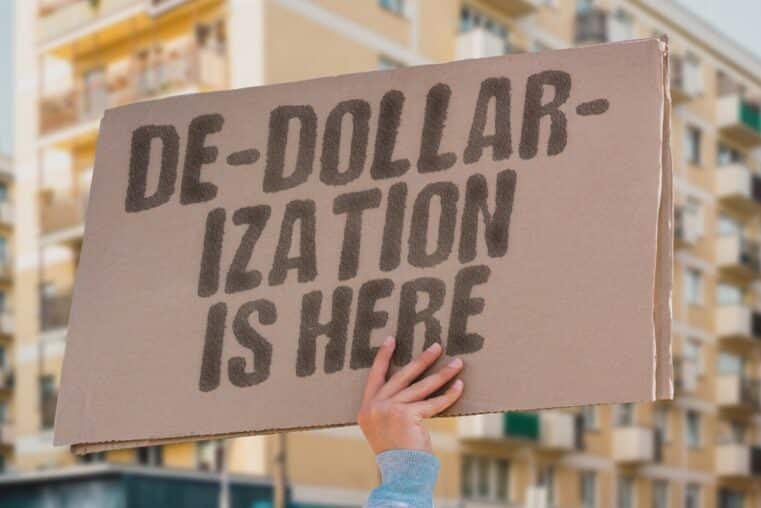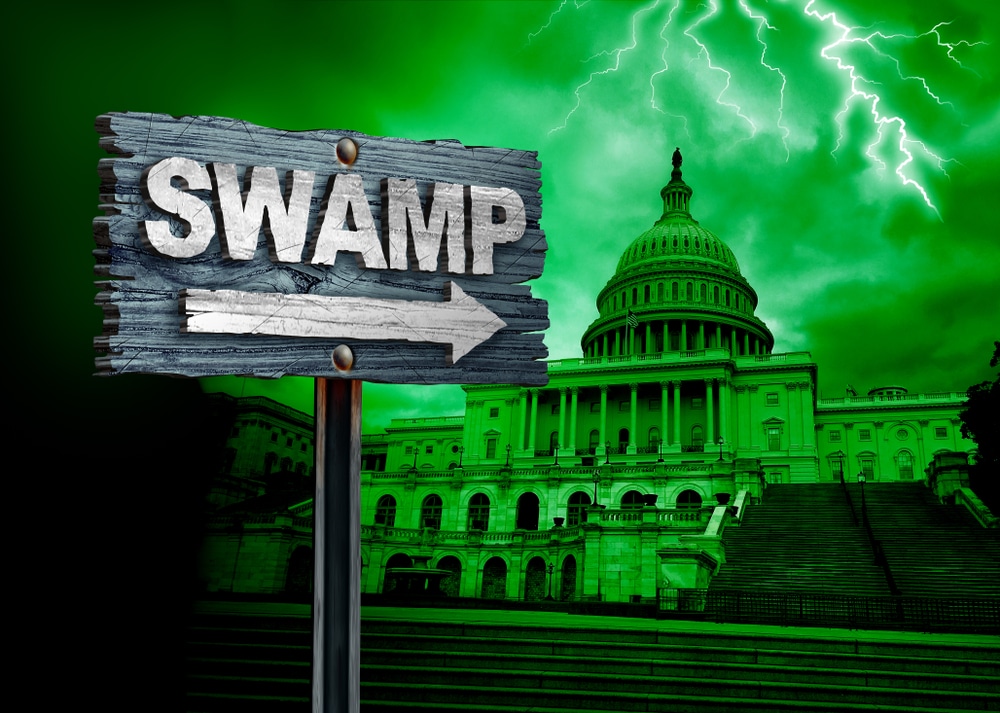
U.S. Debt Crisis Looms: A Global Buyer's Drought Ahead?
Source: YouTube
With the bond market rout witnessing a surge in the U.S. Treasury yields to 16-year highs, is there enough demand for U.S. government debt? Lyn Alden, Founder of Lyn Alden Investment Strategy, breaks down a number of critical risks connected to the turbulence in the bond market.
The yield on the 10-year Treasury note hit a 16-year high last week, climbing to 4.884%. In the meantime, the 30-year Treasury bond yield crossed above 5% – something also not seen since 2007.
The combination of the U.S. dollar, U.S. Treasury yields, and oil rising at the same time is concerning, Alden told Michelle Makori, Lead Anchor and Editor-in-Chief at Kitco News, on the sidelines of Pacific Bitcoin Festival in Santa Monica, California.
This trifecta of events puts a lot of pressure on developing countries and lowers global demand for U.S. Treasuries and U.S. government debt instruments.
"Developing countries have dollar-dominated debt. And that debt is hardening relative to their cash flows," Alden said. "Their own currencies are weakening versus the dollar while oil is strong. And ironically, there's an inverse relationship between the dollar and Treasury yields."
When the U.S. dollar rises, other countries buy fewer Treasuries because of the high exchange rate, and yields tend to go up, Alden explained. "A lot of the foreign buyers are pulling back their purchases of Treasuries because they're more in currency defense mode," she said.
Making things worse is how quickly the U.S. dollar index has advanced, leading to developing countries going on a U.S. Treasuries' "buyer's strike."
"They might even sell some Treasuries to defend their currencies. In this environment of strong dollar, higher yields, and high oil prices, it's challenging to see where all the supply of treasuries will get bought from."
That is the key risk Alden is watching – who will buy the U.S. debt when the U.S. dollar and oil prices are so high? "That's the risk to keep watching," she said.
What would a surplus of Treasuries and insufficient global demand mean for the U.S. economy? Watch the video above for details.
Domestic banks are no longer buying Treasuries because of the financial stress the banking sector has been through in recent months, Alden pointed out.
"That means insurance companies, pensions, asset managers, hedge funds, and actual households are the only ones able to absorb this debt issuance unless the U.S. dollar declines significantly or if we see the price of oil decline. That could bring in more foreign buyers again," Alden said.
For now, however, Alden noted a heightened risk of liquidity issues, market functioning issues, and the equity markets not doing as well over the next six months.
Looming U.S. government shutdown: What's the impact on U.S. economy?
In a historic turn of events, the U.S. political landscape has been rocked by the ouster of House Speaker Kevin McCarthy. This was the first time a speaker had been voted out and came after McCarthy worked with the Democrats to avert a government shutdown in a last-minute deal.
The stopgap measure, however, funded the government only for 45 days, which means that come mid-November, the government will run out of money again.
Alden explained that government shutdowns do not have the same impact on financial markets as debt ceiling issues. "During a government shutdown, the government can still issue debt. The Treasury is still functioning. Overall, that's more of a political issue for the most part than a financial issue," she said.
However, even though it is not high on Alden's risks-to-watch list, the government shutdown issue has already been flagged by the rating agency Moody's, which said in September that the country's credit could be harmed.
This comes after Fitch downgraded the U.S. credit rating by one notch to AA+ from AAA over the summer on the back of a debt ceiling crisis. Fitch has also recently warned that the ousting of U.S. House Speaker Kevin McCarthy could contribute to a government shutdown later this year.
Alden did outline a scenario in which a government shutdown could have a significant impact on markets. To get the full breakdown, watch the video above.
Alden also played out how gold, Bitcoin, the U.S. dollar, and the U.S. economy would react if the U.S. government did shut down this fall. Watch the video above for details and price forecasts.
Originally published by Anna Golubova and Michelle Makori at Kitco











